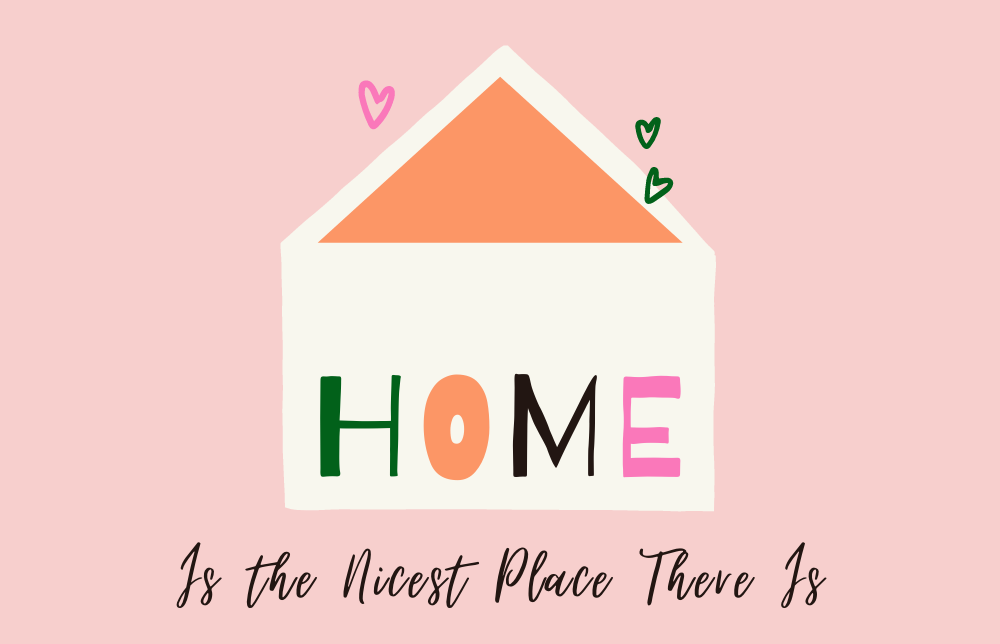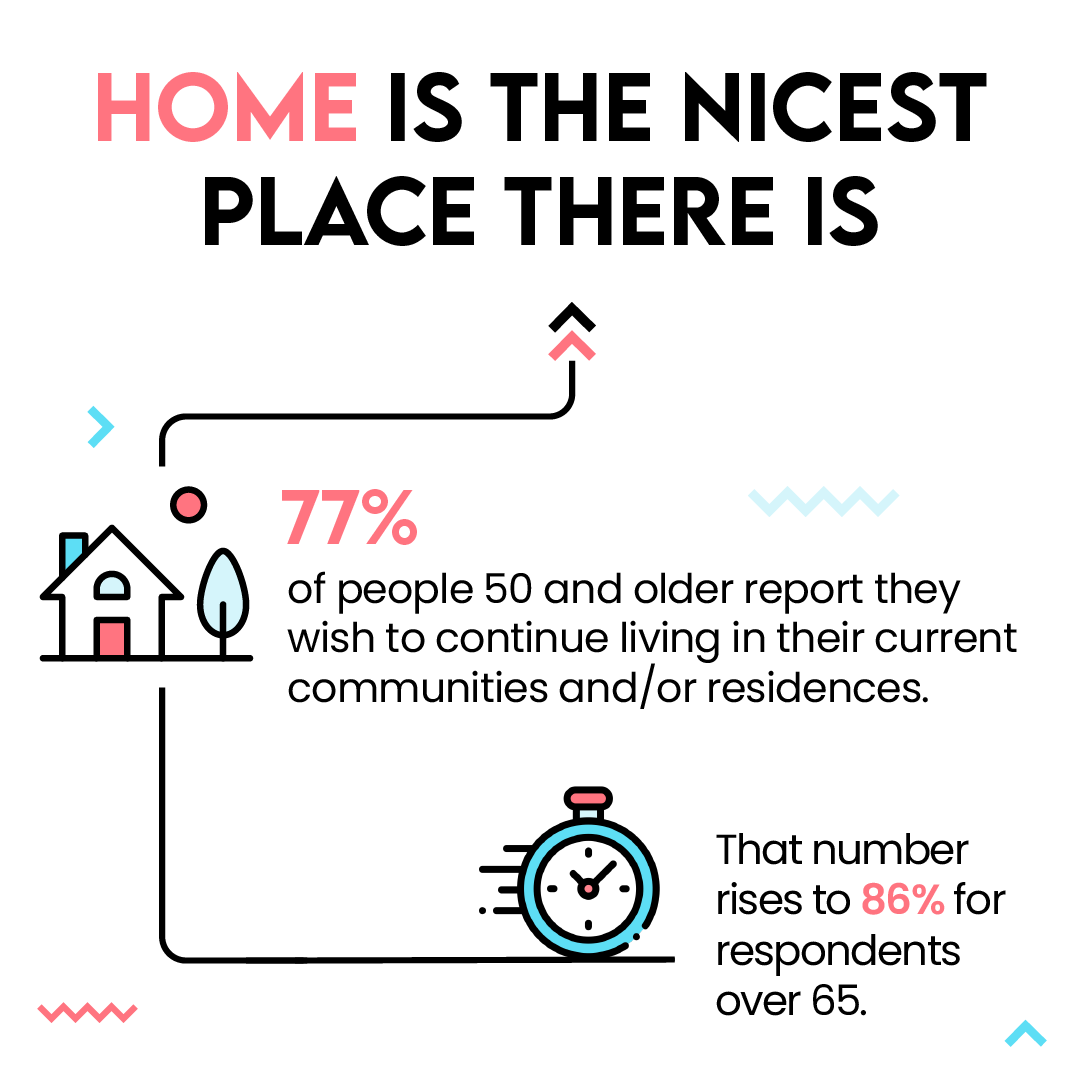
Home Is the Nicest Place There Is
April 27, 2022
By 2030, every Baby Boomer will finally celebrate their 65th birthday. More people than ever are deciding where they will be spending their hard-earned retirement years. Unsurprisingly, most say that they want to continue living independently and at home. After all, as Laura Ingalls Wilder wrote: "Home is the nicest place there is." The beloved children's author captured the simple fact that whether it's a Little House on the Prairie, on the banks of Plum Creek, or in The Big Woods, we love the places where we made our memories and our routines.
But maintaining independent living is a complex decision with multiple factors to consider. The first issues many consider are social and health care needs, economic situations, and the proximity of family friends. Considering geographic issues such as transportation, senior assistance infrastructure, and – for some - increased fall risks associated with climate are also important.
For families dealing with the decision, evaluating whether to continue living independently necessitates thoughtful review.
Factors for Living Independently
1. Comfort and Familiarity
The benefits of remaining where you’re already familiar and comfortable are obvious. Friends, along with favorite stores and services, are nearby. Moving to a new location can be overwhelming. Disrupting routines, meeting new people, establishing new friendships, and giving up belongings accumulated over the course of decades can be stressful and upsetting.
Without a compelling medical, family, or financial reason to leave, most would prefer to continue living at home.

77% of people 50 and older report they wish to continue living in their current communities and/or residence
That number rises to 86% for respondents over 65
2. Independence and Autonomy
Moving into a new apartment, an active adult community, or a skilled nursing home may address immediate safety and health concerns. However, tradeoffs can be steep for older people who wish to continue living independently as possible. After all, community rules are designed for what’s best for an entire community, not for each individual resident. Living in somebody else's space means living by somebody else's rules. This is a condition many Baby Boomers haven’t had to deal with since moving out of their own parents’ homes.
3. Affordability
If a person already owns their home or lives in a place that’s affordable, then remaining at home can be viable and desirable. Even if you need the assistance of a home health aide, living independently may be substantially more affordable than relocating to an assisted living facility. Home Healthcare Insurance from IRTA and AMBA makes it possible for you to stay in your own home with skilled assistance when faced with a medically necessary need for home health care. The plan lets you choose the amount of coverage, the number of covered weeks, and the duration of your waiting period. Sign up now at (833) 784-2161 or click to request a free Benefits Review.
Source: https://www.pewresearch.org/internet/2014/04/03/older-adults-and-technology-use/
RECENT POSTS
An Ambulance Trip Is Stressful: With MASA, the Cost Doesn’t Have to Be
People who require an emergency ambulance trip frequently ask the same question upon receiving the bill: “Why was the
Read More
AMBA’s Essential Insights in Dental Health: Understanding Cavities
Have you ever experienced pain or noticed persistent sensitivity in your teeth? You might have a cavity. Cavities are common,
Read More
Keep “Looking” Your Best: The Unique Eye Health Challenges for Women Over 55
March is Women’s History Month, a time to celebrate women's contributions to American history and society. It’s
Read More

Leaving Your Home To A Loved One
If you’re like many people, your home represents more than just financial value. As the saying goes, "Home is where the
Read More

